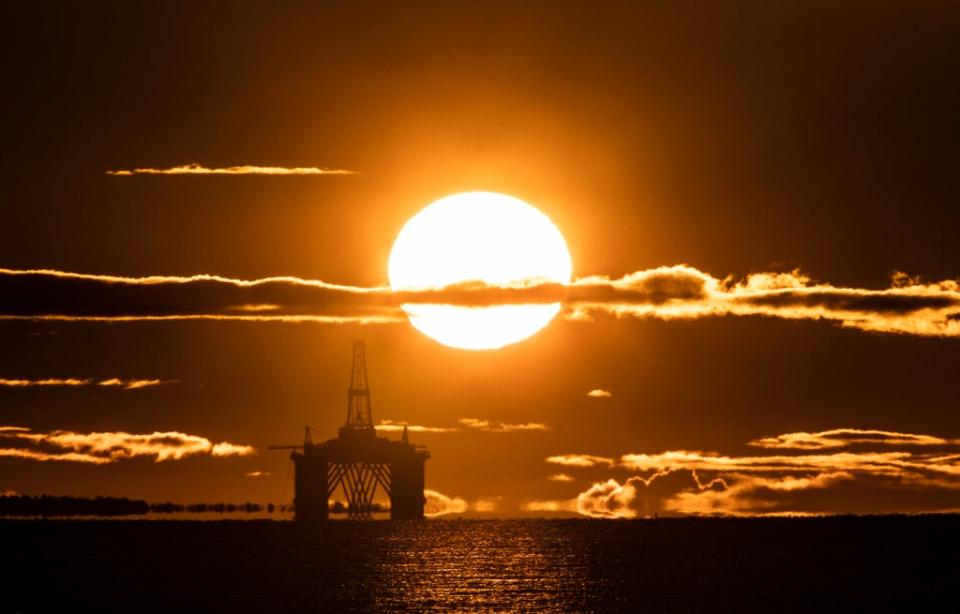Less than 2% of companies get A grade on climate crisis disclosures

The number of companies considered leaders on climate crisis action and transparency has fallen sharply this year, according to a global study of more more than 13,000 firms.
Just 200 companies - less than 2 per cent of those that provided information - scored an A grade for measures to reduce their climate impact, down from 280 last year.
Close to 5,000 were graded F, the lowest possible score.
Fourteen companies were singled out for special praise, including L'Oreal and consumer goods giant Unilever, which owns a hundreds of brands including Ben & Jerry's, Domestos and Dove. AstraZeneca and Colgate Palmolive also scored highly.
More companies than ever provided information to the annual study by CDP, a non-profit organisation which runs the system through which companies publicly report their environmental impact.
Companies that took part account for 64 per cent of the market capitalisation of all businesses globally, CDP said.
However, almost 17,000 businesses, worth $21 trillion, failed to provide even basic information. Among them were some of the world's largest polluters, including Chevron, Exxon Mobil and commodities giant Glencore. Warren Buffett's Berkshire Hathaway, which has investments in coal, also failed to disclose.
"17,000 corporates failing to even take the first step and report their environmental data is far too many," said Dexter Galvin, global director of corporations & supply chains at CDP.
"These companies are not only putting the planet at risk, but themselves. If they continue with business as usual, they will end up on the wrong side of public opinion, regulation and investor sentiment. And scrutiny is rising - empty targets or greenwash simply won’t fly.”
The number of firms achieving top marks fell partly because the bar for what qualifies as climate leadership has been raised, CDP’s report said.
Much of the low hanging fruit at companies’ disposal has now been utilised and more ambitious action is urgently required.
To score an A, companies had to show “robust governance and oversight of climate issues, and rigorous risk management processes”. They must also be reducing emissions throughout their supply chain.
Public disclosures are seen as a vital step towards tackling the climate crisis and other environmental issues like deforestation and water security. Without transparency it is impossible for investors to assess the risks that companies face and move their money accordingly.
Environmental disclosures came under scrutiny at the COP 26 climate summit in Glasgow last month. The UK announced it would require most large firms and financial institutions to disclose how they will be impacted by climate risks. Campaigners argued that the measures did not go far enough.
CDP’s report highlighted companies that were making a positive impact on environmental issues, such as IT company Fujitsu, works with organisations across Asia to manage the response to increasing numbers of natural disasters.
The Jakarta State Disaster Prevention Bureau uses Fujitsu’s disaster information management system to respond to areas in need.
Property developer Landsec has established a voluntary internal price for carbon which is above the market rate as a way to drive its business towards activities less damaging to the climate.
Read More
World’s largest carbon-sucking factory starts operation in Iceland
‘The climate crisis is a reality’: Africa’s summer of extremes
Against the odds: The fight to save sea turtles in Ras Baridi
Patagonia CEO says corporate sector is ‘full of s***’ on climate crisis
Resolution calls for £11bn property levy but here’s the problem with that
How MTG became the leading brand in e-sports

 Yahoo Finance
Yahoo Finance 